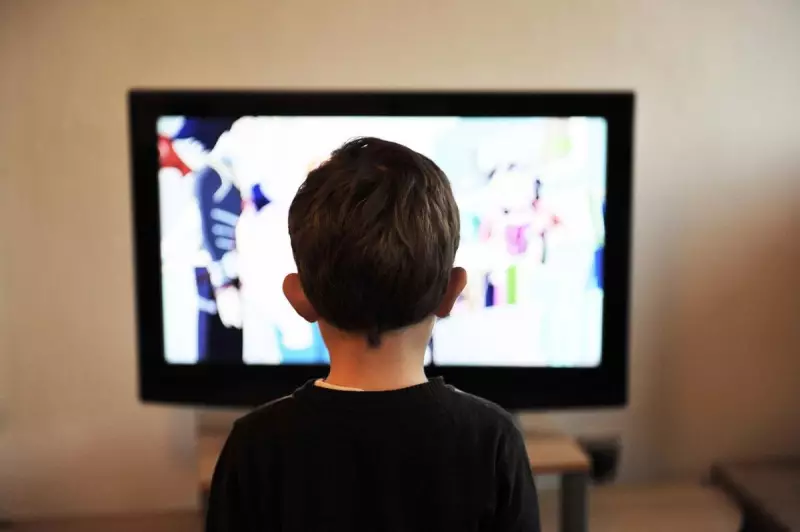
In a finding that challenges conventional parenting wisdom, Australian researchers have discovered that screen time can actually benefit children's development when used in the right context. The groundbreaking study from the University of Western Australia offers a more nuanced perspective on digital technology's role in childhood development.
Beyond Screen Time Limits: Understanding Context Matters
The research team, led by Dr. Christian Moro from Bond University and Associate Professor Daniel Johnson from the University of Western Australia, analysed data from over 200 Australian families. Their findings suggest that the context of screen use matters more than strict time limits when it comes to children's wellbeing and development.
"We found that screen time isn't inherently bad for children," explained Dr. Moro. "What really matters is how they're engaging with screens and what type of content they're consuming. When used appropriately, digital technology can actually support learning and social connection."
Educational Content Shows Positive Impact
The study identified several scenarios where screen time demonstrated clear benefits for children. Educational applications and programs that encouraged active participation showed particularly positive outcomes. Children who engaged with high-quality educational content displayed improved problem-solving skills and knowledge retention compared to those who consumed purely entertainment-focused media.
Associate Professor Johnson emphasised that the research moves beyond simplistic screen time recommendations. "Rather than focusing solely on limiting hours, we should consider what children are doing during their screen time. Interactive educational games, video calls with family members, and creative applications can all contribute positively to a child's development."
Practical Guidelines for Parents
The researchers provided practical advice for parents navigating the digital landscape with their children. They recommend focusing on content quality over quantity and encouraging co-viewing or co-playing whenever possible. When parents engage with digital content alongside their children, they can help contextualise the experience and maximise learning opportunities.
The study also highlighted the importance of balance. While educational screen time showed benefits, researchers cautioned that excessive passive consumption of low-quality content could still have negative effects. They recommend establishing clear boundaries around recreational screen use while embracing technology's educational potential.
This Australian research contributes to a growing body of evidence suggesting that a more sophisticated approach to children's screen time is needed. Rather than treating all digital engagement as equally harmful, parents and educators can leverage technology's benefits while minimising potential drawbacks through mindful usage and content selection.





